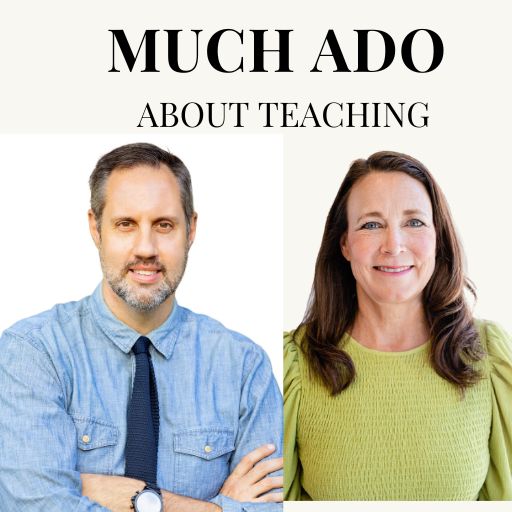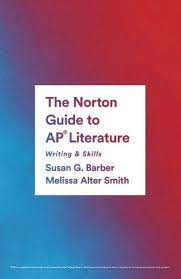One of the secrets to acquire knowledge is to read a lot. And so I try.
But whenever we get close to a New Year, the Influencers that inspire me on YouTube and Instagram are cashing in on my inadequacies. They are gloating about how they read over 100 books this year + you can too! It is all broken down into 7 easy steps, coupled with 5 habits anyone can master, and viola!, I can be just like them.
Every time one of these pops into my feed, I have a pang of jealousy. I do want to be like them. I do wish I could read all the books and tell the world about them.
I start a lot of books but, unfortunately, my number of books finished is a lot smaller. As a consequence, I am made to feel inadequate as a reader, and by extension, as a person. The Influencers are more prolific than the English teacher. Part of my problem is that I am all over the place. Over the years I have added an Audible account, a Libby account, a Kindle reader, and physical books all to optimize my reading. I am never without a book. Since books are so accessible, it is easy for new ones to become shiny new things that capture my attention. Ubiquity cheapens the experience, and that’s why I start a lot but finish few.
The problem is, when you pay attention to the tips offered on Instagram and YouTube, I doing a lot of them already. Their suggestions include:
- take a book wherever you go
- download the Audible app and listen during your commute or on walks
- quit books quickly that don’t grab your attention and move on to better books
- listen to podcasts for book recommendations
- carve out a dedicated time each day for reading
These are all meant to make reading a more pervasive part of your life. And for me, that is enticing. I find myself skimming, scrolling, and using my phone in a very consumptive manner. So, why not swap out one addictive form of consumption for another, especially one that should bring greater self satisfaction and sense of accomplishment? The problem is, these Influencers treat reading as a process that can be optimized to achieve a number based solely on consumption. It feels more like a vanity metric than a deep, immersive experience. This approach favors speed and superficiality over a more meaningful and enduring type of reading.
This has some researchers concerned.
Maryanne Wolf, a scholar and researcher at UCLA, describes that much of the reading that we do today is regressive as it returns us to our “earliest form in which we are barely skimming the surface of what we read, barely consolidating it in memory, and we are, in fact, reading less of what is there as a result.”
On the Ezra Klein podcast, Wolf revealed that her research shows that “the speed in which we’re reading and focusing on vast amounts of information, multitasking and being entertained, if you will, being engaged at that level, all of that actually takes away from the ability to use the full circuitry — the full circuitry which includes using your background knowledge to infer, to deduce the truth value, to feel what that author is feeling in a work of fiction, to understand a completely different perspective.”
Doing this type of reading for years, it explains why I’ve struggled to recall the most basic things like character names and major plot points just a few weeks later. It is the inspectional type of reading that Mortimer J. Adler describes in How to Read a Book. In this superficial mode you just read. You don’t ponder the argument, you don’t look things up, you don’t write in the margins. When you miss something or don’t understand it, you move on. It is less about effort and more about speed and consumption. I
It is not working for me and I want something better for my reading life.
Maybe not every aspect needs to be optimized. Maybe I don’t need to fall for the trap of others cashing in on my inadequacies. Maybe instead of trying to read 100 books, I should focus on a handful that I can turn into meaningful experiences. Maybe this is the year I read on my own terms, slowing down and savoring books.













7 comments
jan
As a fellow teacher, I have felt this way. A colleague floored me with her 100-book goal reached before the Christmas break. I looked at my list of 15 books and felt inadequate. After all, I teach literature. But reading should be relaxing and add to one as a person. My reading this year has done just that. I need to not compare myself to others in this area and instead enjoy the experience, recognizing that my life doesn’t always give me opportunities to read as much as I would like to. Thank you for the reminder here.
Becky Hart
Fellow English teacher here. Thank you so much for articulating what I have been feeling (especially in the past 24 hours with the numerous “look how many books I’ve read” social media posts.). Your post is a reminder to return to our Mortimer Adler roots and re-examine the purpose of our personal reading habits.
Kelly
Thank you for putting into words the inadequacy I too feel about this issue. Many of the books on my TBR list aren’t books I want to consume quickly–they deserve thought, quiet contemplation, and time to digest. These books slow my progress and make 100+ book goals impossible to reach–but these are the books that impact me, the ones that stay with me, the ones I want to share with friends and students.
Glenda Funk
Brian, this is a timely post as I’ve also contemplated my reading life lately and how I devour rather than savor books. I have a huge TBR pile and shelves of books I planned to read but haven’t because the shiny, new books entice me away from those gathering dust. I’ve set a Goodreads goal for years, but in 2024 I don’t want the pressure of reaching it, so I’m thinking about a number that takes the pressure off and leads me to some big, dense works I’ve neglected. Have you read The Art of Slow Reading by Tom Newkirk.? It’s so good and speaks to your thoughts i. this post.
Kathy Syron
I don’t compete or compare with those who listen to books as they run or do chores…can one really stay focused and feel the language?
Patty
I loved this article, Brian, as I saw myself reflected in it! We tell our students all the time not to compare themselves to others, so we should follow our own advice. This is a case of “quality over quantity,” and I love the idea of savoring books instead of rushing through them so we can check them off our list and reach an arbitrary total to achieve a meaningless goal. If we are not thinking, annotating, and reflecting on what we’re reading, are we truly comprehending and internalizing the important themes and life lessons within each text? And, if we’re reading purely for pleasure, we shouldn’t feel the need to rush through a book just to finish it and check it off our list. Relax, enjoy, and take pleasure in what we read, no matter what our annual total of books is!! I agree! The art of reading less can be MORE!!